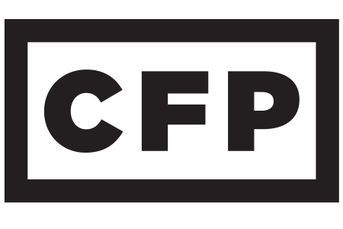Finra reminds brokerages of a client’s right to a straight answer

It's all about transparency: New guidance could help brokers on the move retain loyal clients.
A regulatory notice issued earlier this month by the Financial Industry Regulatory Authority Inc. told member firms that they must “communicate clearly, and without obfuscation,” when the brokerage firms or its managers are asked questions by customers about a departing financial adviser. In such situations, of course, the chief question asked by customers is, “Where does my adviser work now?”
Perhaps responding to complaints by investors who were left in the dark or from advisers who complained their former firm was retaliating for their departure, Finra apparently felt it needed to clarify how firms should respond when customers want to know the whereabouts of their adviser.
Clearly, Finra’s move is a positive for clients. Financial services firms and advisers serve clients, not the other way around, and a client is entitled to know where his or her adviser has gone — especially as many adviser-client relationships span many years, if not longer.
Even in the internet age, finding out where an adviser has moved takes effort, especially for older clients who have little need to use LinkedIn or other sites where such information could be updated quickly. Even Finra’s own BrokerCheck site takes a while to update a registered representative’s affiliation — and not all investors are aware the site even exists.
By simply telling clients where their adviser went, a firm enables the client to make an informed decision about whether to select another adviser at that firm, move their account to the firm where their current adviser has relocated or do something else entirely.
Sadly, the need for the industry’s self-regulator to remind firms of the need not to withhold some simple information from clients is a sorry commentary on general standards of contemporary behavior.
As Jon Henschen, president of recruiting firm Henschen & Associates, mentioned in a recent story on Finra’s guidance by senior reporter Mark Schoeff Jr., withholding information isn’t the half of it. Some firms outright besmirch former reps with good records just to keep the client.
“They just make things up and throw them under the train to keep the assets,” Mr. Henschen said. “We’ve heard horrific things said about departing advisers over the years, so anything in writing by regulators that counters slandering of a representative’s reputation is a positive trend.”
Perhaps in some golden (and perhaps imaginary) age in the past, informal codes of business and personal conduct were such that reminding someone of the need to give an honest answer to a simple question would be considered irrelevant, or even offensive. No doubt, the many firms that currently provide such information willingly probably view Finra’s notice as needless nanny-like lecturing.
But changes in social mores are not the only reason the regulatory reminder may be necessary. The broker protocol for recruiting — the pact among firms that for many years set informal rules for how firms deal with broker transitions — may be less of a governor of firm behavior as participants withdraw.
In the absence of the protocol or possibly its diminished influence in reducing the rancor, litigation and general nastiness that often accompanies broker departures, and in the presence of nonsolicitation agreements, the new Finra guidance could help brokers on the move retain loyal clients by making everything more transparent. And transparency is always in the best interest of advisory clients.
Learn more about reprints and licensing for this article.








